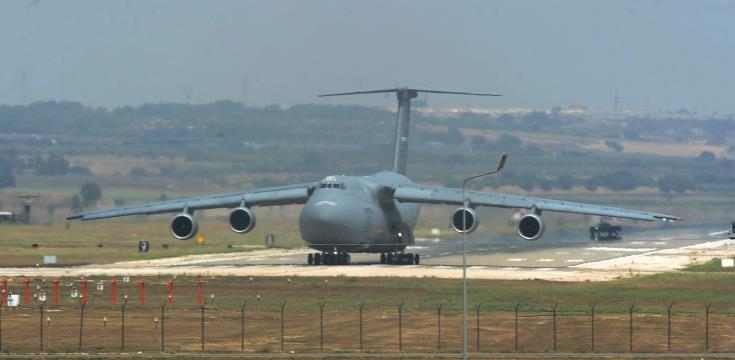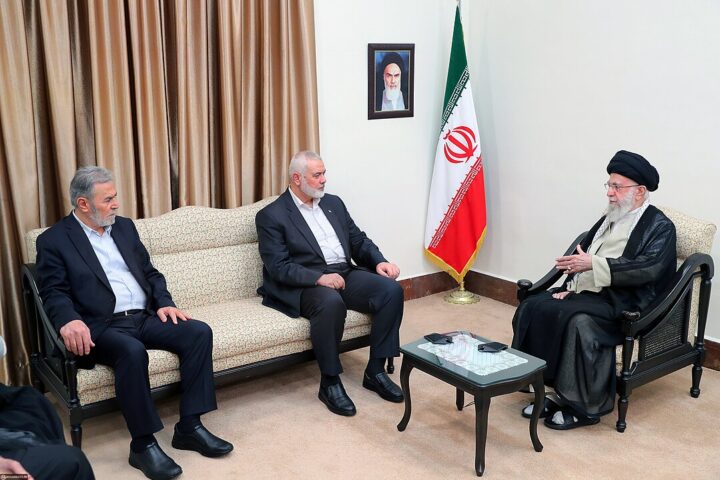Cyprus on Wednesday accepted a request from Washington to station a rapid response unit on the island in case US diplomatic missions or civilians need to be evacuated in the region following Iran’s missile strike.
Cypriot government spokesman Kyriacos Koushos told reporters that the request was accepted “for exclusively humanitarian operations” as was official policy.
“The Republic…gave its consent for the temporary stationing in Cyprus of a rapid response unit whose task will be to evacuate US diplomatic missions in the region, as well as US citizens, if necessary,” said Koushos.
He said the request was made by the US Authorities through the US Embassy in Nicosia.
“It has been a long-standing practice for the Republic of Cyprus to provide facilities for humanitarian operations on the basis of requests from third countries,” said Koushos.
“We will continue to do so as a factor of stability and security in the region…thus taking advantage of our geographical location as well as our excellent relations with all the states of the Eastern Mediterranean and the Middle East,” he added.
The request came after Iran fired a volley of missiles on Wednesday at Iraqi bases housing US and other foreign troops, the Islamic republic’s first act in its promised revenge for the US killing of a top Iranian general.
The Pentagon said: “Iran launched more than a dozen ballistic missiles against US military and coalition forces in Iraq.
“It is clear that these missiles were launched from Iran and targeted at least two Iraqi military bases hosting US military and coalition personnel.”
Nicosia-US ties have blossomed of late –last month Washington lifted a 1987 arms embargo on Cyprus as a sign of warmer relations.
US Secretary of State Mike Pompeo was also due to visit Cyprus on January 7 but postponed it due to tensions with Iran.
A former UK colony, Cyprus hosts two sovereign British military bases.
The United States imposed an embargo on the full island in 1987 with an aim to prevent an arms race and encourage a peaceful Cyprus settlement.
Critics say the step has been counterproductive by forcing Cyprus to seek other partners while Turkey, a NATO member, has stationed forces in northern Cyprus since its invasion in 1974.
US officials have been concerned that the ban has brought EU member Cyprus closer to Russia, with the island in 2015 signing off on an access deal to its ports.
Under the new act, the United States will still restrict certain sensitive technologies to Cyprus unless the US certifies that the island is denying Russia military vessels port access for refuelling and servicing.
In a standoff in 1997, Turkey threatened an attack on Cyprus if it went ahead with installing the advanced S-300 missile defence system from Russia.
The controversy is now a relic of another time, with Turkey facing the threat of sanctions for buying the S-400 system from Russia despite its NATO membership.
In 2006, Cyprus was used as a ‘safe haven’ to evacuate nearly 60,000 civilians from Lebanon in the largest operation of its kind since WWII.










